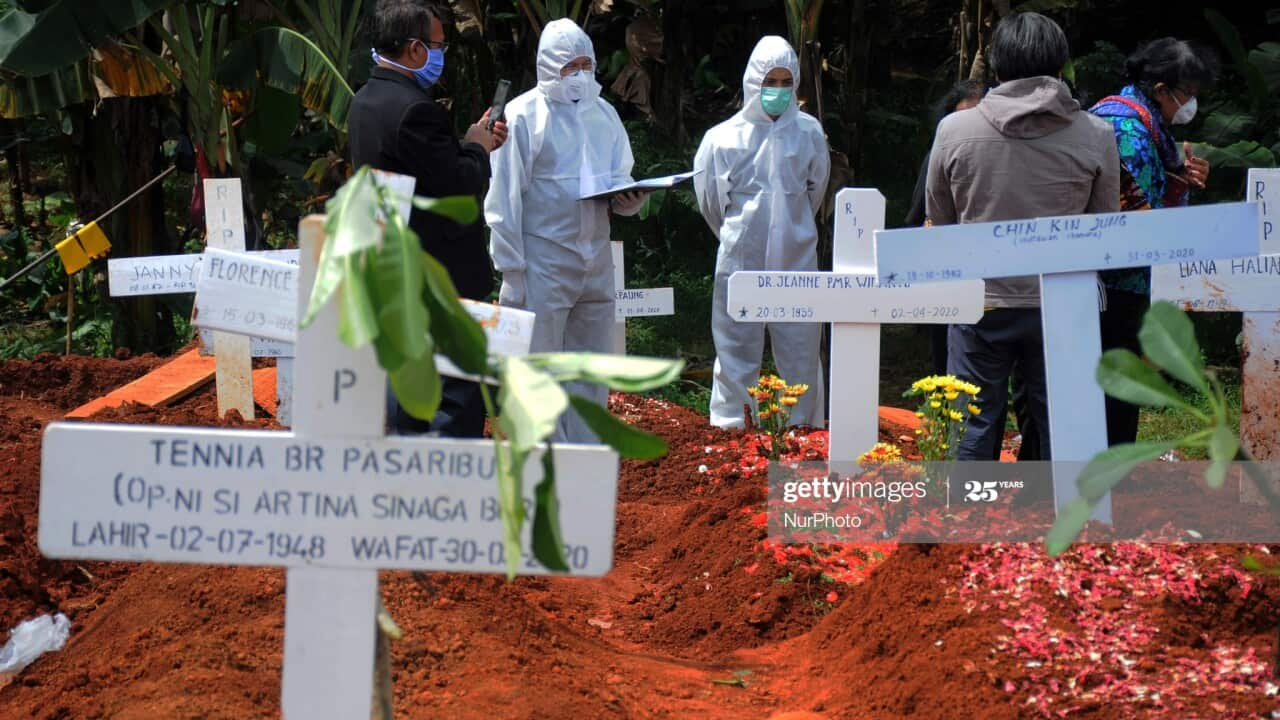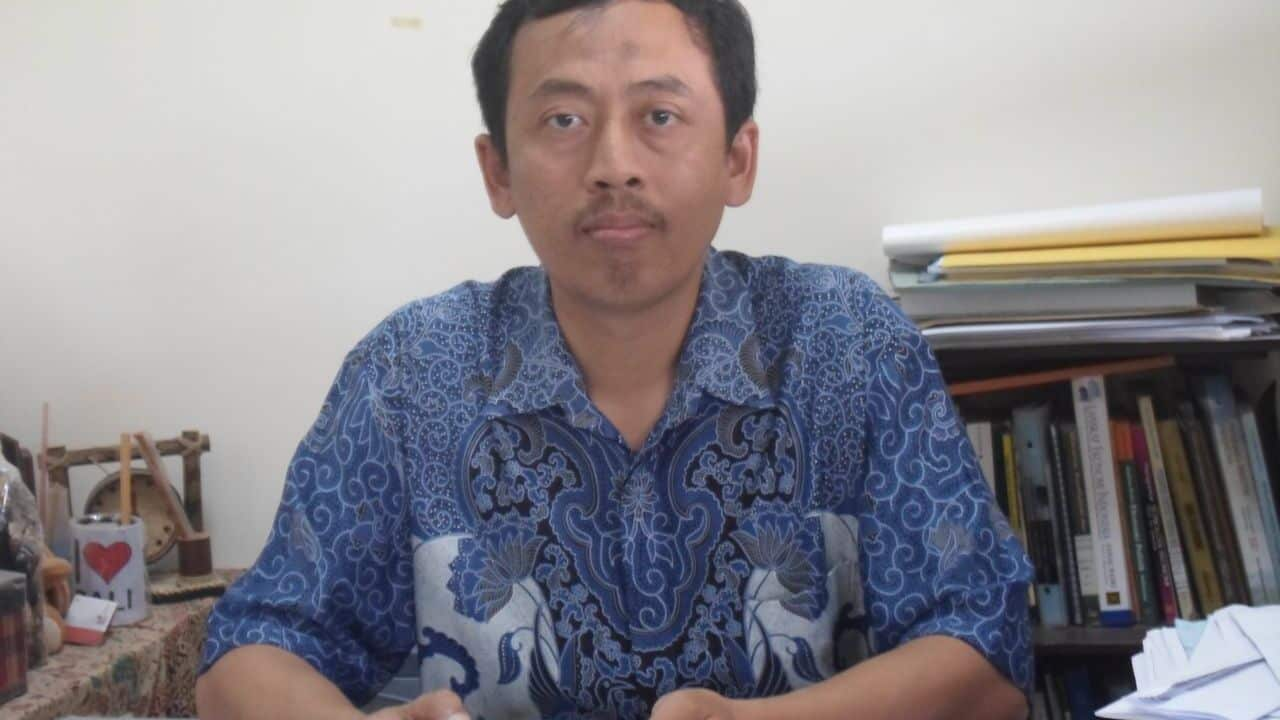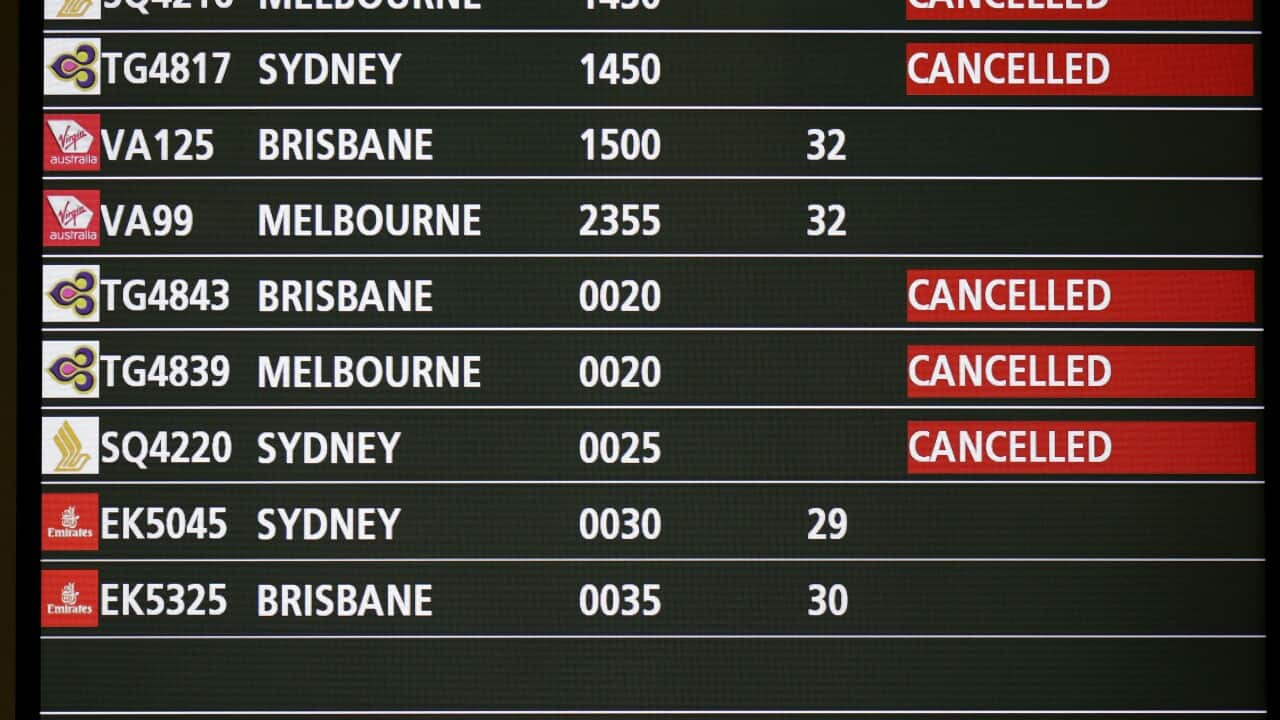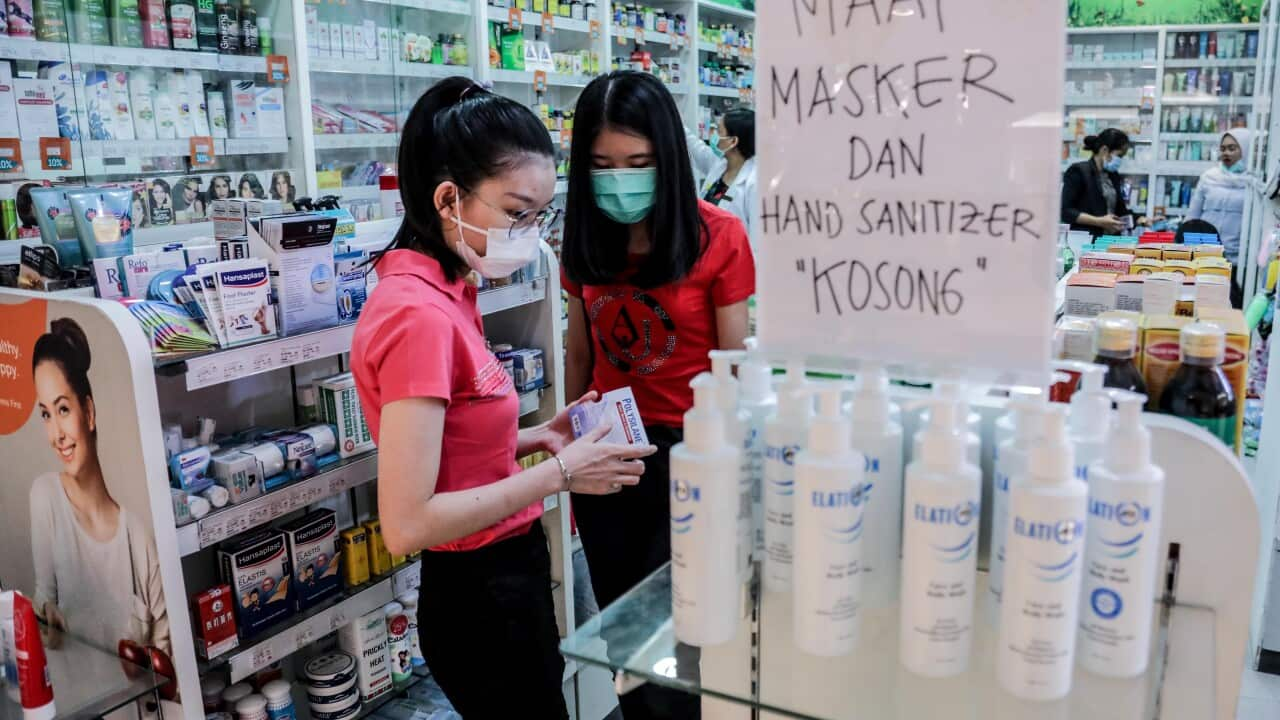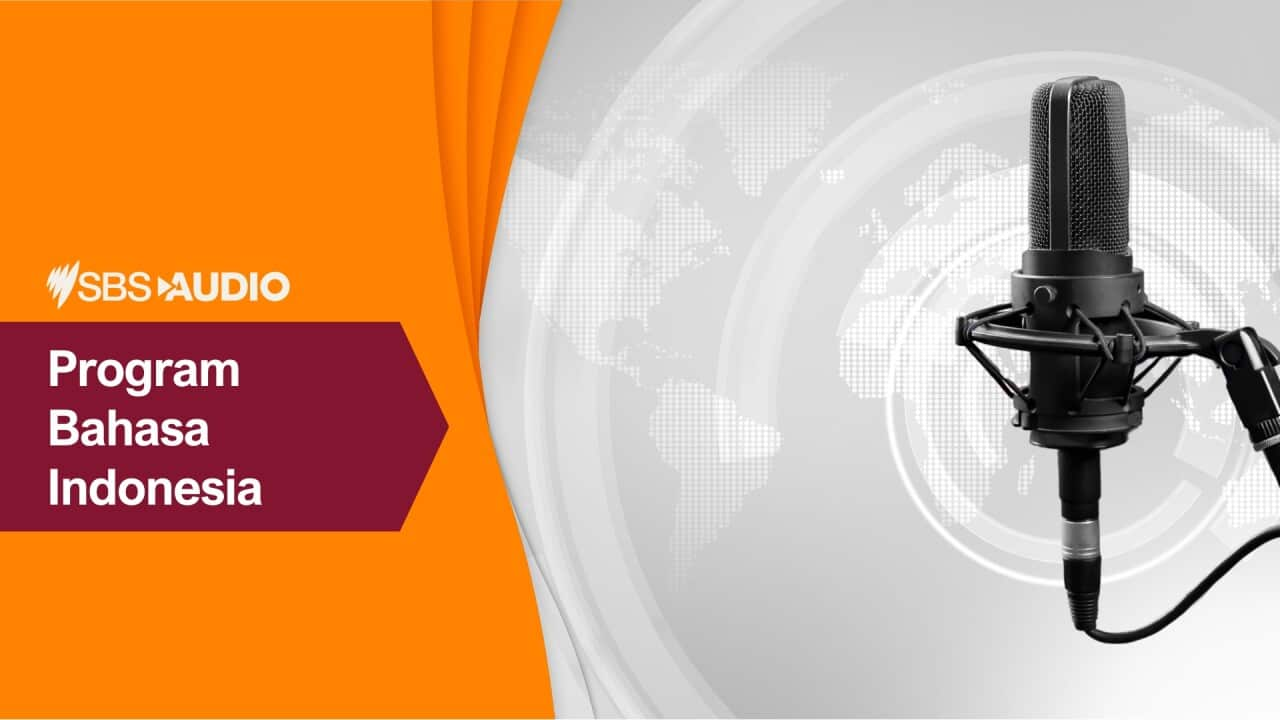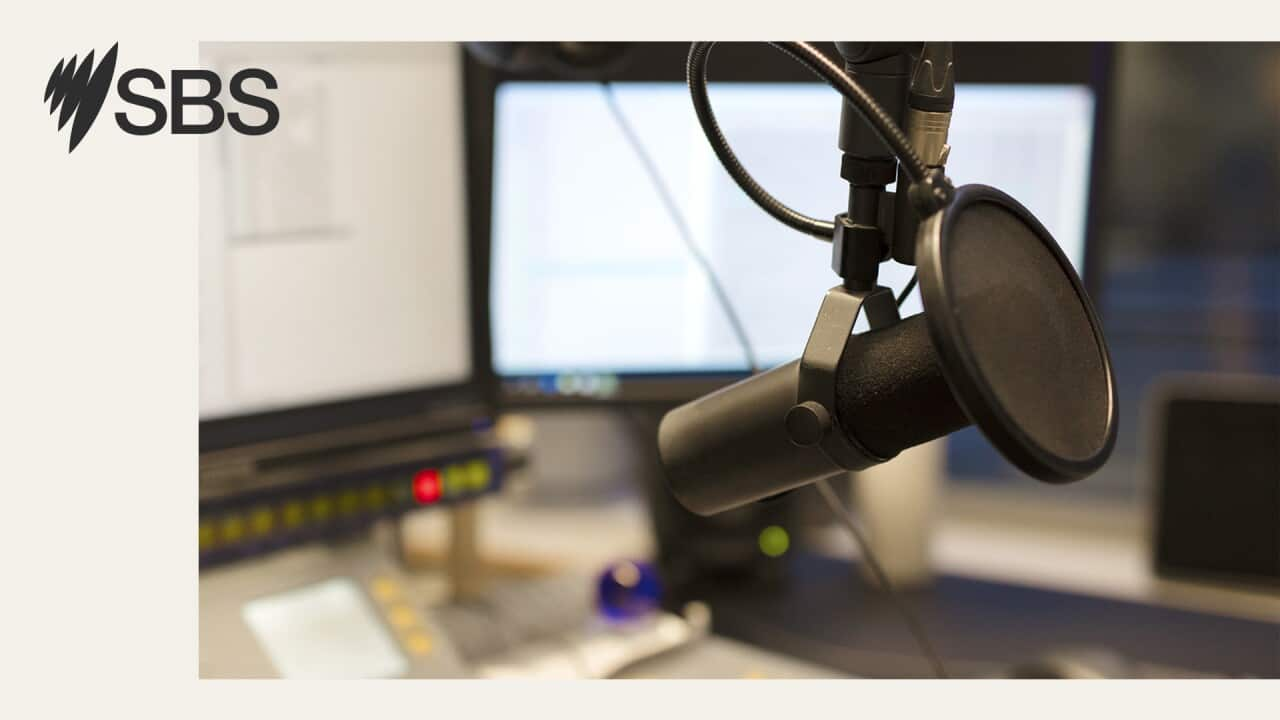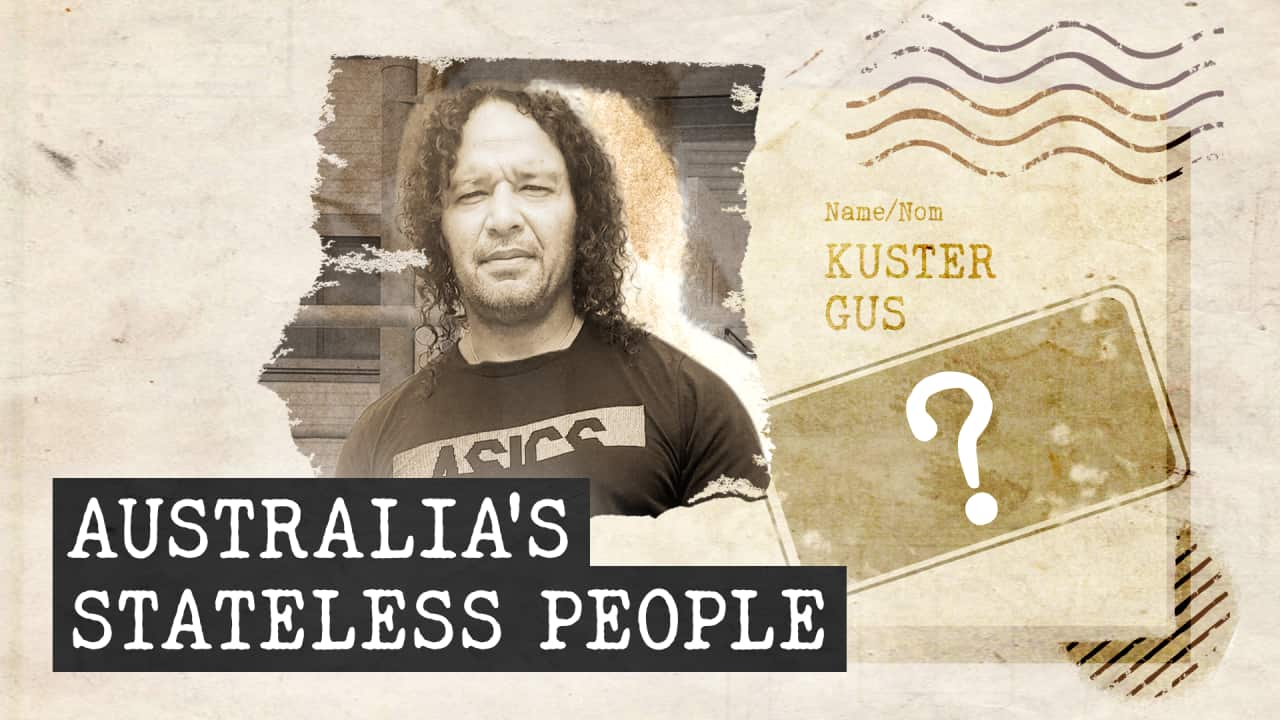It is reported that , with most of them are not the doctors who were at the frontline of dealing with respiratory problems.
Medical staffs must also isolate themselves and keep their distance from their families, especially with those who are at risk and elderly, because they may have direct contact with patients who are contracted COVID-19. A pulmonologist - who works at the Saiful Anwar Hospital in Malang, East Java, Dr Rezky Tantular - speaks to SBS Indonesian on the matter, including about the hospital's readiness to treat patients, what the protocols are and also cases where hospital staffs are rejected by residents where they live because of a negative understanding of COVID-19 in the community.
A pulmonologist - who works at the Saiful Anwar Hospital in Malang, East Java, Dr Rezky Tantular - speaks to SBS Indonesian on the matter, including about the hospital's readiness to treat patients, what the protocols are and also cases where hospital staffs are rejected by residents where they live because of a negative understanding of COVID-19 in the community.

Medical workers wearing a face mask holds a 'Stay at Home' poster at a medical centre in Jakarta, Indonesia, on March 19, 2020. Source: AAP Image/Ahmad Soleh/INA Photo Agency/Sipa USA
People in Australia must stay at least 1.5 metres away from others and gatherings are limited to two people unless you are with your family or household.
If you believe you may have contracted the virus, call your doctor (don’t visit) or contact the national Coronavirus Health Information Hotline on 1800 020 080. If you are struggling to breathe or experiencing a medical emergency, call 000.
SBS is committed to informing Australia’s diverse communities about the latest COVID-19 developments. News and information in Indonesian is available at


